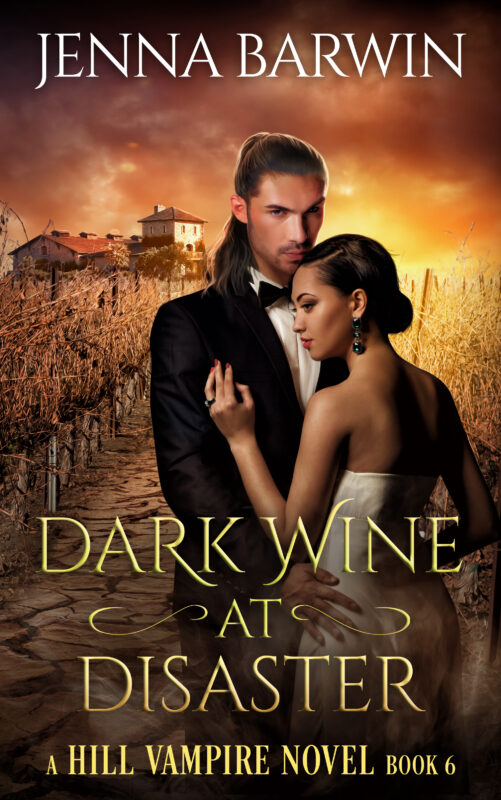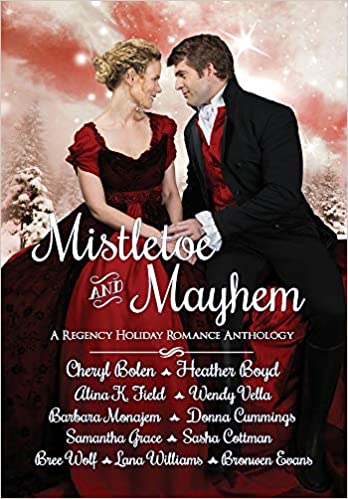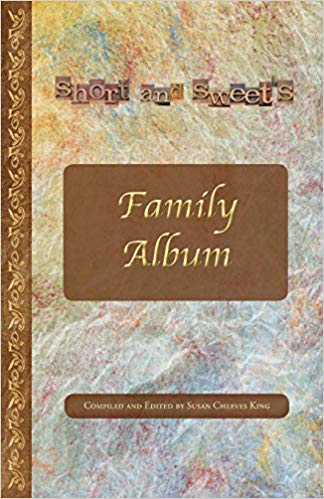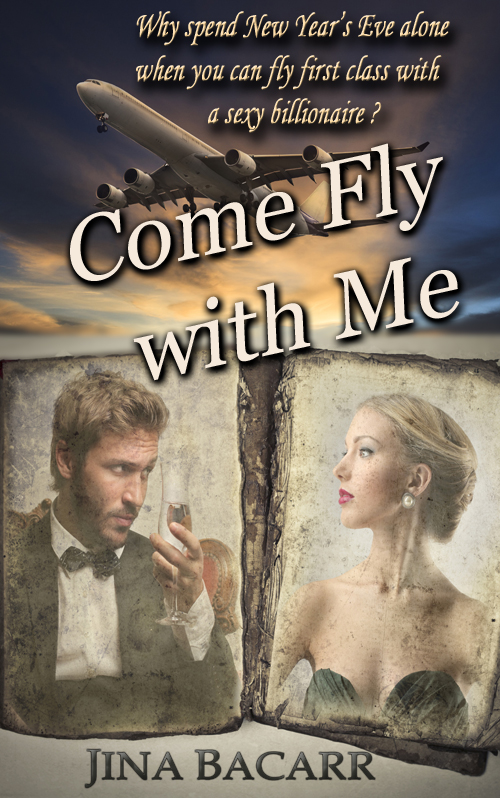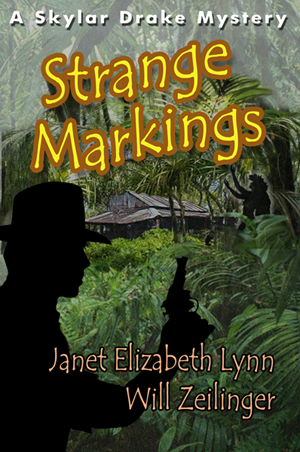Advice to Myself as a Newbie Author
September 22, 2008 by A Slice of Orange in category Archives tagged as Advice to Myself as a Newbie Author, Lynna Banningby Shauna Roberts
http://ShaunaRoberts.blogspot.com
Today’s Guest: Lynna Banning
Lynna Banning is the author of thirteen historical romance novels and a former RITA nominee. Her newest book, a September release from Harlequin Historical, is Templar Knight, Forbidden Bride.
Lynna, if you could travel back in time to before you were first published, what advice would you give yourself?
 1. Read lots in my genre (historical romance). It’s helpful to see what other houses are publishing and how other writers handle problems of point of view, pacing, types of villain, etc. Keep up with changes in the overall market and your particular genre.
1. Read lots in my genre (historical romance). It’s helpful to see what other houses are publishing and how other writers handle problems of point of view, pacing, types of villain, etc. Keep up with changes in the overall market and your particular genre.
2. Read more outside my chosen genre—nonfiction, literary fiction, trade and mass market popular fiction, and especially how-to books. Start with the “easy” ones: James Frey, How To Write a Damn Good Novel; Jack Bickham, Scene and Sequel; Syd Field, The Screen-Writer’s Workbook (good for plotting); and Ann Hood, Creating Character Emotions. Then move on beyond “the basics”: Linda Seger, Making a Good Script Great; Donald Maass, Writing the Breakout Novel and the Writing the Breakout Novel Workbook.
And keep reviewing these helpful books as you write!
3. Try to join the most advanced critique group you can find, preferably with published authors. You will suffer, but you will learn. However, protect yourself from critique groups that feel overtly or subtly “toxic.” Sometimes this is hard to recognize, but if you generally feel worse after the session (and not fired up and encouraged), give some hard thought to Why.
4. Do go to workshops, writing groups, and writing classes. Just keep your good sense about you, and your ego and your sense of “self” on an even keel. If your ego is very tender, protect yourself first and learn writing stuff later. Also consider getting some psychological counseling to help you retain perspective.
5. Brush up on the basics of grammar and punctuation. I highly recommend two reference books: (1) my old high school grammar text, Warriner’s English Grammar and Composition and (2) Jan Venolia’s Write Right. Both are easy to look up stuff in.

6. Learn to distinguish a “good” rejection letter from a “real rejection” letter. If the letter goes into any depth at all, they might consider a rewrite addressing those issues. Any letter that has even one line addressed specifically to you or your manuscript is a “good” rejection letter.
7. Learn not to see a manuscript’s rejection as anything but rejection of the manuscript itself, not of you personally. This sounds so easy, but it’s hard to detach one’s “person” from one’s “work.†But do try. Squashed egos are not good for writers.
8. Try to write consistently, every day if you can manage it. Use even small blocks of time, such a lunch-hours at work, hours spent on airplanes, time in hotel rooms (it helps if you first hand-write, as I do, on yellow lined note pads, or use a laptop). Set a daily goal: Mine is four typewritten, double-spaced pages a day, about 1,000 words. (Caveat: If a child has the mumps or I have a migraine, I take that day off.)
✥✥✥✥✥
To learn more about Lynna, please visit her Website at http://www.LynnaBanning.com. Her newest book, Templar Knight, Forbidden Bride, is available in September at major bookstores and can be ordered online from Amazon.com, Barnes & Noble, and Borders.
1 0 Read moreAffiliate Links
A Slice of Orange is an affiliate with some of the booksellers listed on this website, including Barnes & Nobel, Books A Million, iBooks, Kobo, and Smashwords. This means A Slice of Orange may earn a small advertising fee from sales made through the links used on this website. There are reminders of these affiliate links on the pages for individual books.
Search A Slice of Orange
Find a Column
Archives
Featured Books
MISTLETOE & MAYHEM: A REGENCY HOLIDAY ROMANCE ANTHOLOGY
There’s no Christmas like a Regency Christmas spent under mistletoe! New York Times Bestselling author Cheryl Bolen and friends invite you to discover true love in eleven deliciously steamy romances in this all-new holiday collection.
More info →SHORT and SWEET’S FAMILY ALBUM
Join these 60 authors as they share their families’ stories of grace, forgiveness, loyalty, respect, support, vulnerability, love, laughter, and faith.
More info →COME FLY WITH ME
London’s Heathrow airport
New Year’s Eve
Kacie Bennett is stranded in London and desperate to get home to avert a family crisis. She’s shocked when a tall, dark handsome stranger offers her a first class airline ticket, no strings attached.
More info →STRANGE MARKINGS
The Pacific breezes blow many things in from the ocean, this time its power, greed, and murder.
More info →Newsletter
Contributing Authors
Search A Slice of Orange
Find a Column
Archives
Authors in the Bookstore
- A. E. Decker
- A. J. Scudiere
- A.J. Sidransky
- Abby Collette
- Alanna Lucus
- Albert Marrin
- Alice Duncan
- Alina K. Field
- Alison Green Myers
- Andi Lawrencovna
- Andrew C Raiford
- Angela Pryce
- Aviva Vaughn
- Barbara Ankrum
- Bethlehem Writers Group, LLC
- Carol L. Wright
- Celeste Barclay
- Christina Alexandra
- Christopher D. Ochs
- Claire Davon
- Claire Naden
- Courtnee Turner Hoyle
- Courtney Annicchiarico
- D. Lieber
- Daniel V. Meier Jr.
- Debra Dixon
- Debra H. Goldstein
- Debra Holland
- Dee Ann Palmer
- Denise M. Colby
- Diane Benefiel
- Diane Sismour
- Dianna Sinovic
- DT Krippene
- E.B. Dawson
- Emilie Dallaire
- Emily Brightwell
- Emily PW Murphy
- Fae Rowen
- Faith L. Justice
- Frances Amati
- Geralyn Corcillo
- Glynnis Campbell
- Greg Jolley
- H. O. Charles
- Jaclyn Roché
- Jacqueline Diamond
- Janet Lynn and Will Zeilinger
- Jaya Mehta
- Jeff Baird
- Jenna Barwin
- Jenne Kern
- Jennifer D. Bokal
- Jennifer Lyon
- Jerome W. McFadden
- Jill Piscitello
- Jina Bacarr
- Jo A. Hiestand
- Jodi Bogert
- Jolina Petersheim
- Jonathan Maberry
- Joy Allyson
- Judy Duarte
- Justin Murphy
- Justine Davis
- Kat Martin
- Kidd Wadsworth
- Kitty Bucholtz
- Kristy Tate
- Larry Deibert
- Larry Hamilton
- Laura Drake
- Laurie Stevens
- Leslie Knowles
- Li-Ying Lundquist
- Linda Carroll-Bradd
- Linda Lappin
- Linda McLaughlin
- Linda O. Johnston
- Lisa Preston
- Lolo Paige
- Loran Holt
- Lynette M. Burrows
- Lyssa Kay Adams
- Madeline Ash
- Margarita Engle
- Marguerite Quantaine
- Marianne H. Donley
- Mary Castillo
- Maureen Klovers
- Megan Haskell
- Melanie Waterbury
- Melisa Rivero
- Melissa Chambers
- Melodie Winawer
- Meriam Wilhelm
- Mikel J. Wilson
- Mindy Neff
- Monica McCabe
- Nancy Brashear
- Neetu Malik
- Nikki Prince
- Once Upon Anthologies
- Paula Gail Benson
- Penny Reid
- Peter Barbour
- Priscilla Oliveras
- R. H. Kohno
- Rachel Hailey
- Ralph Hieb
- Ramcy Diek
- Ransom Stephens
- Rebecca Forster
- Renae Wrich
- Roxy Matthews
- Ryder Hunte Clancy
- Sally Paradysz
- Sheila Colón-Bagley
- Simone de Muñoz
- Sophie Barnes
- Susan Kaye Quinn
- Susan Lynn Meyer
- Susan Squires
- T. D. Fox
- Tara C. Allred
- Tara Lain
- Tari Lynn Jewett
- Terri Osburn
- Tracy Reed
- Vera Jane Cook
- Vicki Crum
- Writing Something Romantic
Affiliate Links
A Slice of Orange is an affiliate with some of the booksellers listed on this website, including Barnes & Nobel, Books A Million, iBooks, Kobo, and Smashwords. This means A Slice of Orange may earn a small advertising fee from sales made through the links used on this website. There are reminders of these affiliate links on the pages for individual books.

